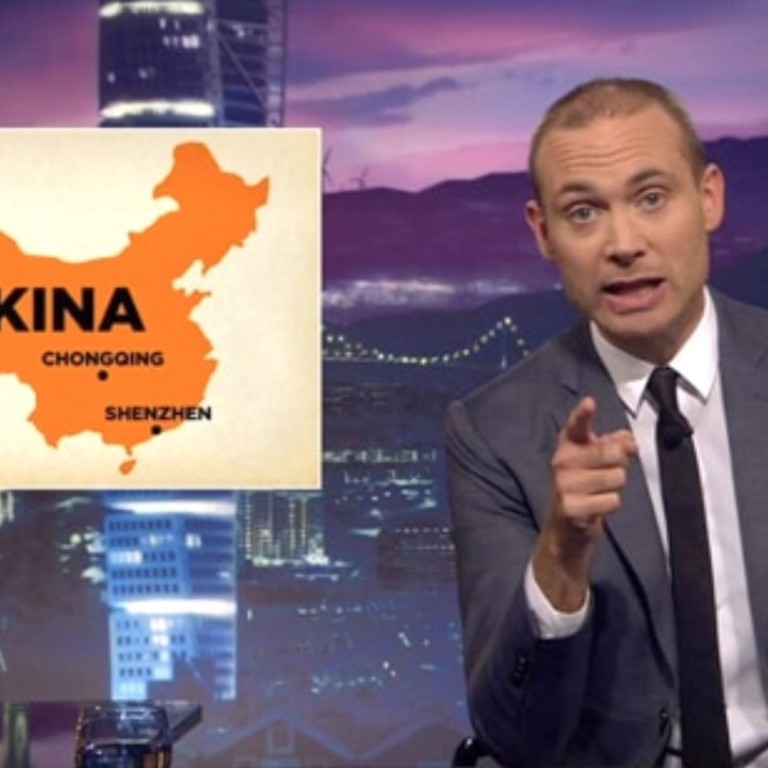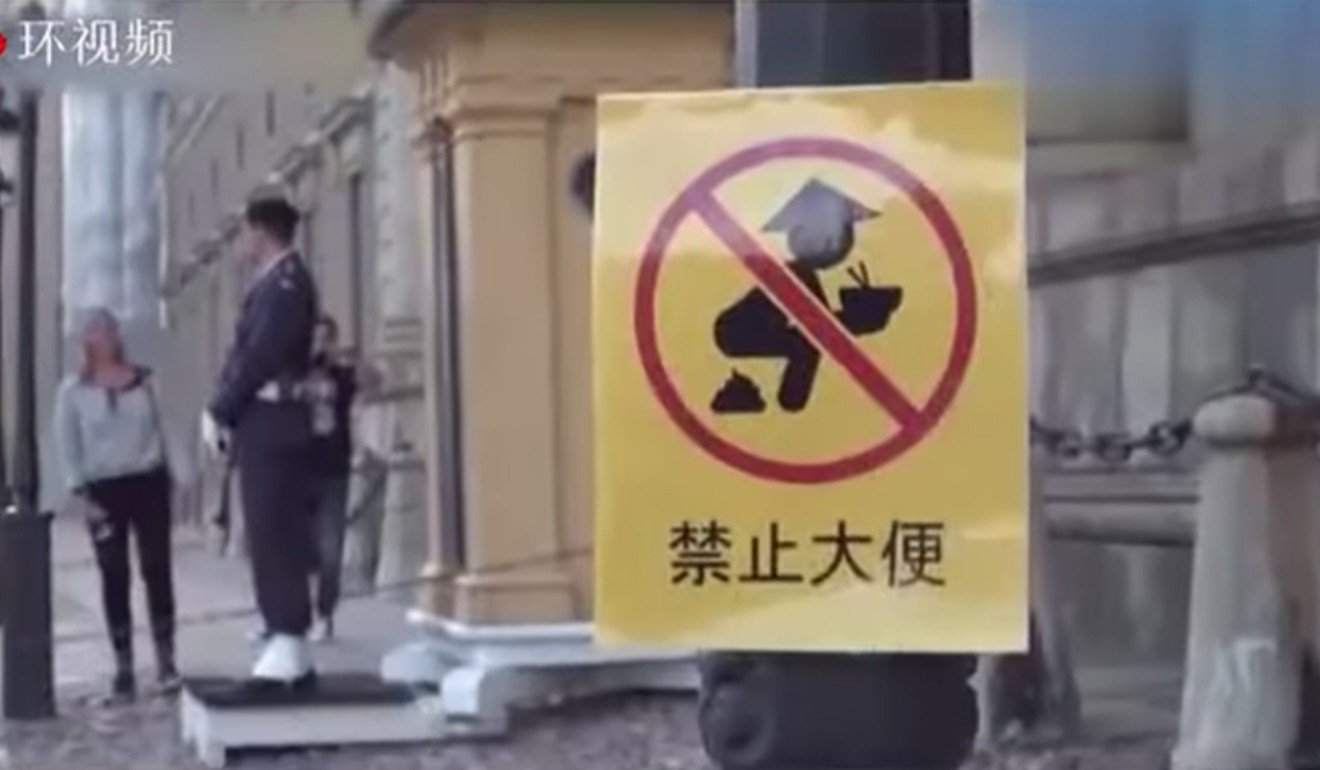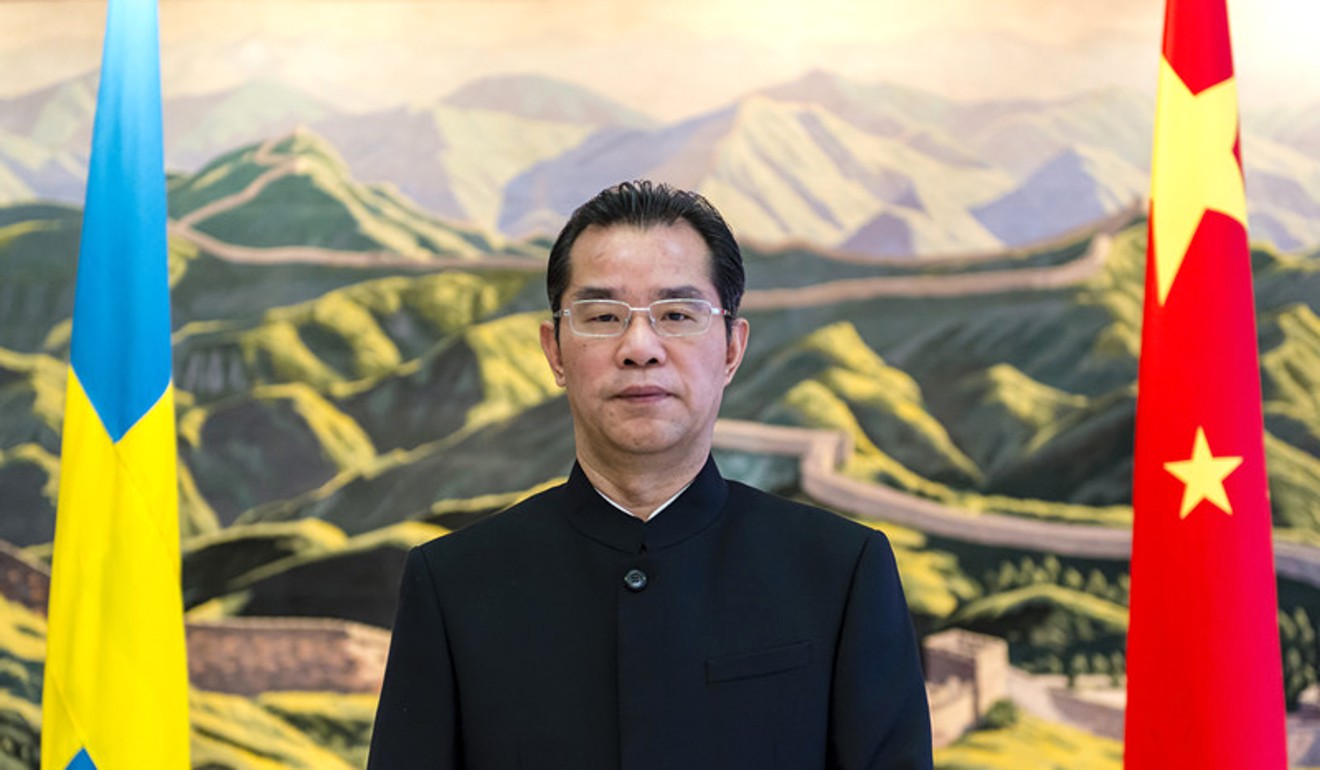
Embassy blasts Swedish government in latest defence of Chinese tourists
China’s diplomats say satirical television show infringed the country’s ‘sovereignty and dignity’
The Chinese embassy in Stockholm has made its first direct criticism of Swedish state policy in an escalation of its complaints about Sweden’s response to a recent incident involving Chinese tourists.
In a statement on Sunday the embassy denounced the Swedish Chancellor of Justice for defending a satirical public television programme about the case as infringing on the “sovereignty and dignity” of China.
Previous complaints have been directed at Swedish media.
The Chancellor of Justice – Sweden’s only government agency with the power to prosecute in matters relating to freedom of the press – said the programme was not in violation of hate speech legislation, and did not warrant an investigation, according to the Swedish newspaper Aftonbladet on Saturday.

“The space for irony, satire and other expressions provoking debate is very extensive and also includes opinions that can be perceived as offensive,” the agency said.
Chinese embassy rejects second Swedish apology for satire on tourists
In response, the Chinese embassy said “so-called freedom of expression could in no way be used as a cover-up of racism,” and repeated calls for an apology from public broadcaster SVT, which aired a segment on comedy news programme Svenska Nyheter, instructing Chinese tourists not to defecate in the streets or mistake pet dogs for lunch.
The television programme was lampooning an incident on 2 September when Swedish police removed the Zeng family from a Stockholm hotel after they refused to leave when they were told they would not be able to check in until the next day.
China’s ambassador Gui Congyou demanded an apology from police in a series of three fiery interviews with Swedish press.
The embassy also rejected multiple apologies from SVT staff as “insincere” and has demanded rectification of the show’s use of maps of China which did not include Taiwan or parts of Tibet.
China-Sweden relations have been strained by China’s unhappiness over a recent visit to Sweden by the Dalai Lama – saying it opposes the Tibetan spiritual leader staging what it calls separatist activities – and by Beijing’s detention of Gui Minhai, a Chinese-born Swedish citizen and Hong Kong-based book publisher who was detained for a second time in China in January.
Last month the Swedish foreign ministry also defended the television programme, saying there was freedom of expression in Sweden.
Ambassador Gui and Sweden’s State Secretary for Foreign Affairs Annika Söder met at the Foreign Ministry in Stockholm on 5 October, where Söder said she was willing to work to resolve the current difficulties in bilateral relations, according to a report on the meeting from the Chinese embassy’s website.

At the meeting Gui said he hoped the Swedish government would urge the “relevant parties” take a “more proactive stance”, and take Chinese concerns seriously.
The embassy’s criticism of the Swedish press continued last Thursday with a statement about an article published in the Upsala Nya Tidning newspaper on China’s western province of Xinjiang, home to many ethnic minority groups including the mostly Muslim Uygur population.
The statement said the article “contained distorted facts and smears about the region,” and posted a long rebuttal about the achievements of the Chinese government in the region, citing high economic growth rates and successful anti-terrorism measures.

